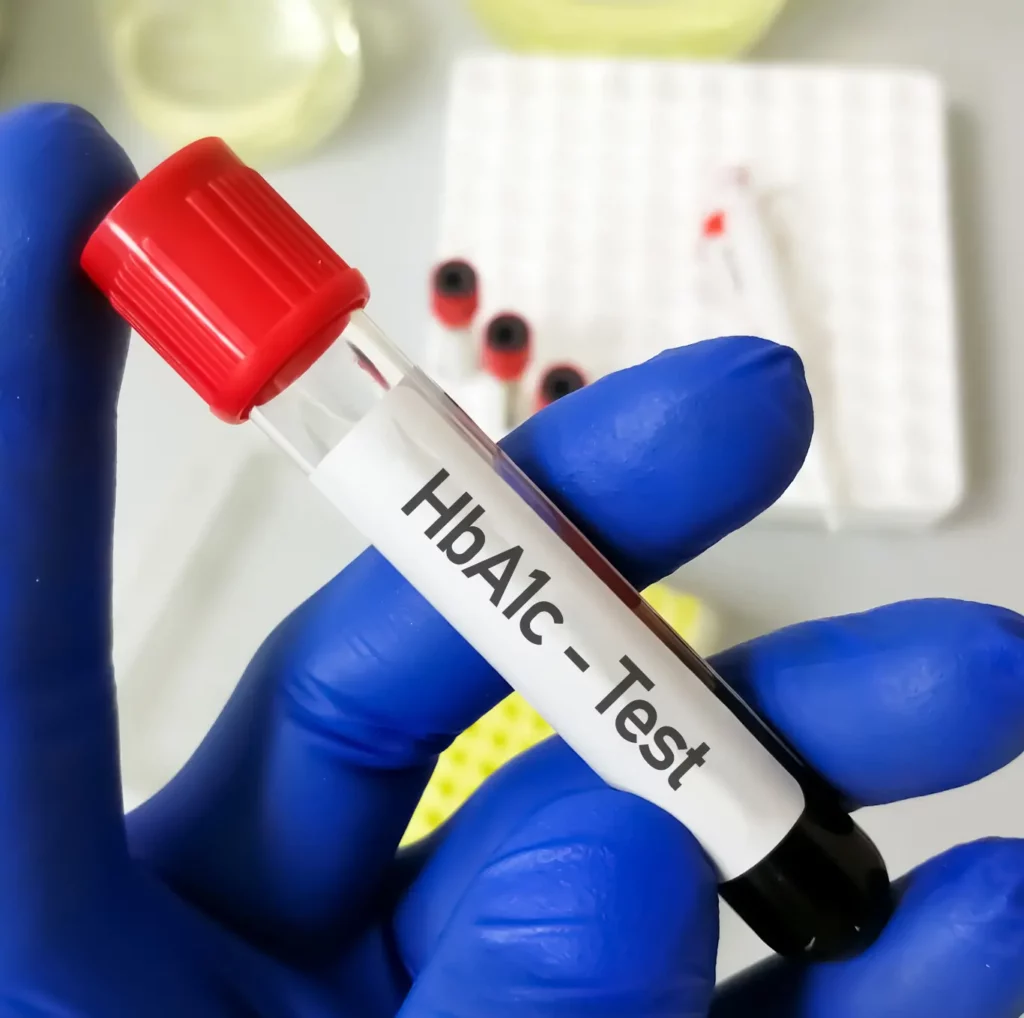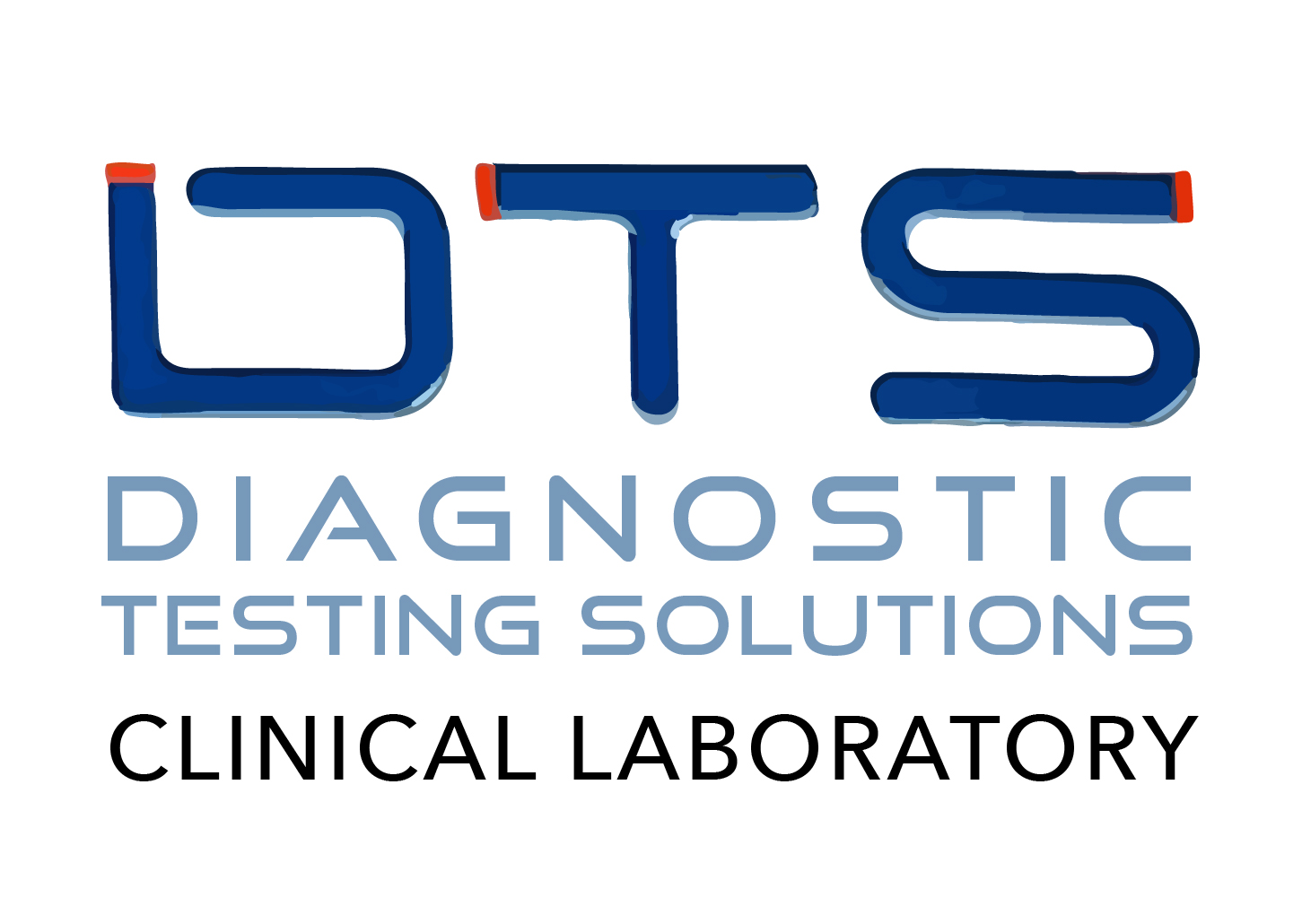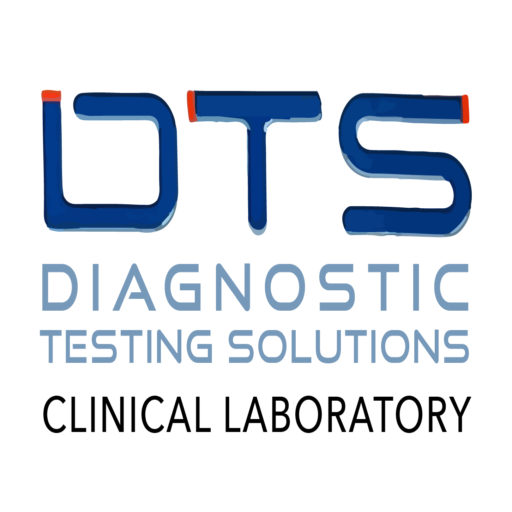
Hemoglobin A1c (HbA1c) Test in Chicago
$49.00
Comprehensive Insights into Your Long-Term Blood Glucose Levels
Gain a comprehensive understanding of your long-term blood glucose levels with the General Health Panel Test, which includes the Hemoglobin A1c (HbA1c) Test. Unlike daily glucose tests, which provide a snapshot of your current blood sugar, the HbA1c test measures your average blood glucose levels over the past two to three months.
This test is crucial for diagnosing diabetes, detecting pre-diabetes, and managing diabetes effectively. By offering a broader view of your glucose levels, the HbA1c test helps you and your healthcare provider make informed decisions about your diabetes management plan. The Blood Test for Testosterone is included in the panel to assess hormone levels and overall health.
Test Details
- Sample Type: Blood & Urine
- Age: 18+
- HSA/FSA: Accepted
- Collection Method: In person at a Labcorp location
- Results: 1 day from when your sample arrives at our lab
- Test must be taken by purchaser
Test Purpose: The Hemoglobin A1c test is pivotal for monitoring your diabetes control and overall health. This test:
- Diagnoses Diabetes and Pre-diabetes: Helps identify individuals at risk of developing type 2 diabetes or those who already have the condition but are unaware of it.
- Monitors Diabetes Management: For those already diagnosed with diabetes, the HbA1c test is a critical component of diabetes management, helping you understand if your treatment plan is effective.
- Prevents Complications: Keeping your HbA1c levels in check can reduce the risk of diabetes-related complications, such as cardiovascular disease, nerve damage, kidney damage, and vision problems.
What’s Included in this Package
When you take the Hemoglobin A1c test at the diagnostics lab, you receive the following
Detailed Repor
A comprehensive report that provides insights into your average blood glucose levels over the past 2-3 months.
Professional Interpretation
Expert analysis and interpretation of your test results to help guide your next steps in managing your health.
Preparation Instructions
Preparing for the HbA1c test is simple and hassle-free
No Fasting Required
Unlike some other blood tests, you do not need to fast before taking the HbA1c test.
No Special Preparations
Continue with your regular diet and medications. There are no special instructions to follow before the test.
Walk-In Testing
Visit us at your convenience. No appointment is necessary.
Procedure
The process of getting your Hemoglobin A1c test done is straightforward and efficient
Purchase Your Test
You can buy the test directly from Diagnostictslab without needing a doctor’s order.
Provide Your Sample
Visit our lab to provide a small blood sample. Our friendly staff will assist you through the quick and easy process.
Get Your Results
Your results will be available within 24 to 72 business hours after sample collection. You can choose to receive your results online or pick them up at our facility.
PATIENT SERVICE CENTERS
Labs in more than 2,000 locations across the country.
Track your blood sugar levels accurately with the link Blood Glucose Test to manage your diabetes and overall health effectively.
Pricing and Booking
The Hemoglobin A1c (HbA1c) test at Diagnostictslab is affordably priced at $49.00. This cost covers the entire testing process, from sample collection to detailed results reporting. At Diagnostictslab, we make it easy and convenient to monitor your health
Affordable Pricing
Competitive pricing ensures that you have access to essential health information without breaking the bank.
Easy Purchase
Buy the test directly from our lab without the need for a doctor’s order.
Convenient Access
Walk in at any time during our work-friendly hours and get your test done quickly and efficiently.
Importance of Regular Testing
Regular HbA1c testing is vital for anyone managing diabetes or at risk of developing diabetes. By keeping track of your HbA1c levels, you can
Track Your Progress
See how well your diabetes management plan is working over time.
Adjust Treatments
Make informed decisions about changes to your diet, exercise, or medication based on your HbA1c levels.
Prevent Complications
Lower your risk of diabetes-related complications by maintaining healthy blood glucose levels.
Understanding the Hemoglobin A1c (HbA1c) Test
The Hemoglobin A1c (HbA1c) test measures the percentage of glycated hemoglobin in your blood. Hemoglobin is the protein in red blood cells that carries oxygen throughout your body. When glucose enters your bloodstream, it binds to hemoglobin, forming glycated hemoglobin. The HbA1c test provides an average blood glucose level over the past two to three months, reflecting how well your blood sugar levels have been managed.
A1c Test Results and Interpretation
An HbA1c level of 6.5% or higher on two separate tests indicates diabetes, according to the Centers for Disease Control and Prevention (CDC). Levels between 5.7% and 6.4% suggest pre-diabetes, and levels below 5.7% are considered normal. Regular monitoring of your HbA1c levels can help you and your healthcare provider make informed decisions about your diabetes management plan and reduce the risk of diabetes complications.
At Diagnostics Lab, we are committed to providing you with the tools and information you need to take control of your health. Visit us today for your Hemoglobin A1c test and start your journey towards better diabetes management.
Frequently Asked Questions (FAQs)
No, you do not need a doctor’s order to get lab testing done at the diagnostics lab.
You can expect to receive your test results within 24 to 72 business hours after your specimen is collected.
No, appointments are not required. You can walk in for same-day testing. We offer convenient, work-friendly hours to accommodate your schedule.
We recommend sharing your results with your physician for any medical advice or questions. Our knowledgeable staff is also available to provide general information about the test and the process.
Your Hemoglobin A1c test results will typically be available within 24 to 72 business hours, ensuring you receive timely and actionable information to manage your health effectively.




